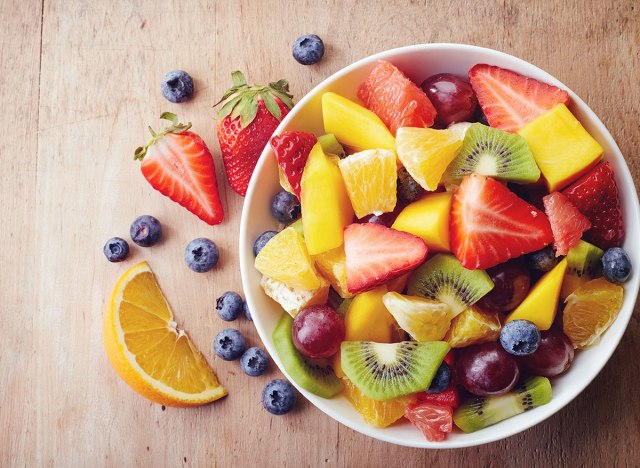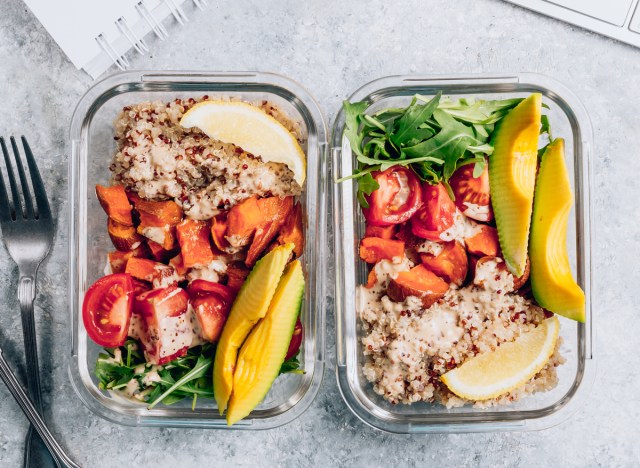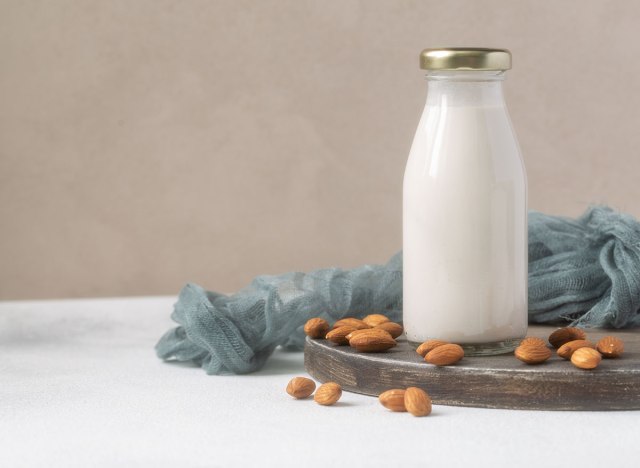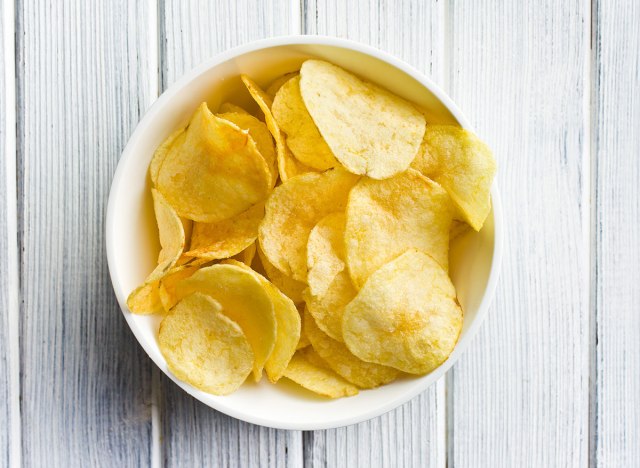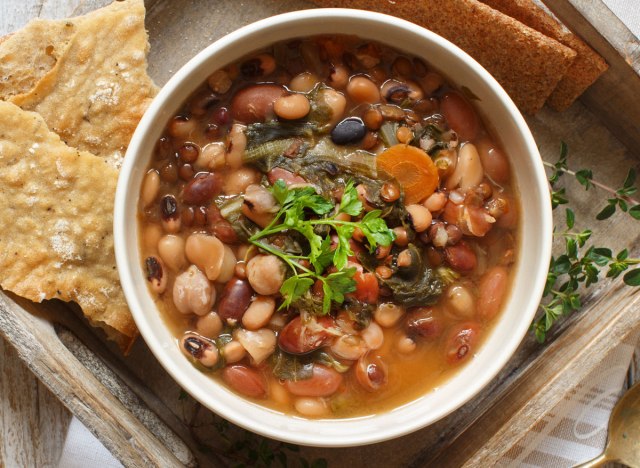The #1 Best Diet for a Healthy Heart, According to a Doctor
At age 61, physician Akil Taherbhai, MD, decided to overhaul his diet.
- Advertisement -
The family medicine specialist based in Gadsden, Alabama, was lying on a hospital gurney being wheeled into the operating room for open-heart bypass surgery. Watching the overhead lights go by, he had a revelation: “Do I want to continue like this?” he asked himself. “I had a choice to make: To sit in a rocking chair living vicariously through my children and waiting for death or take control of my diet.”
He chose the latter.
(Related: This Everyday Mistake Puts You At Higher Risk of Heart Attack.)
Steps to a healthier heart
Dr. Taherbhai details his transformation from compulsive carnivore to a recovered bypass patient, a mountain climber who scaled Mount Kilimanjaro and now at 73 regularly runs marathons in his recently released book Open Heart. His goal is to inspire others to take responsibility for their heart health by:
- Eating heart-healthy foods like fruits, vegetables, legumes, nuts, beans, and whole grains.
- Eliminating processed foods and reducing the consumption of simple carbohydrates like glucose, fructose, and sucrose.
- Exercising a minimum of 30 minutes (under stress-free conditions) six days a week.
- Bringing yoga, spirituality, and meditation into your life.
Focus on a plant-based diet
While all those steps play a significant role in your heart health, “I can say with conviction that diet is more important than exercise and the best heart diet is the whole-food, plant-based diet,” says Dr. Taherbhai. “It can improve cholesterol, lower blood pressure, and not just prevent and treat heart disease, but reverse heart disease.”
Here’s why Dr. Taherbhai suggests going plant-based as the best diet for a healthy heart, and some of his suggestions for your eating habits. And if you’re looking for even more healthy eating tips, be sure to check out our list of The 7 Healthiest Foods to Eat Right Now.
Start your day with water.
“A GI doctor once told me to drink two glasses of lukewarm water every morning,” says Dr. Taherbhai. “That’s what I do right after brushing my teeth. It helps the bowels move things along inside. Then I have my coffee.”
Here’s How to Make Sure You’re Drinking Enough Water.
Eat more fruit.
“For breakfast, I find whatever fruits are around and put them in a mixer and blend up a smoothie,” says Dr. Taherbhai. “No sugar. How could fruit be good when high fructose is not? Both are fructose? But the whole fruit has fiber. With that fiber comes a slow glycemic index. Whole fruit doesn’t raise your blood sugar quickly.”
Here are 10 Plant-Based Smoothie Recipes To Get More Produce In Your Diet.
Cut out meat.
“To give up meat is not easy, but when your heart is deteriorating so much, you find a way,” says Dr. Taherbhai. “A man needs about 56 grams of protein a day. Women need 46 grams. You can get that from plants. A big steak will give you 70 grams of protein. No one in America is protein deficient.”
Here’s What Happens to Your Body When You Cut Red Meat From Your Diet.
Ween off of dairy.
“This was easy for me because I’m lactose-intolerant,” says Dr. Taherbhai. “And I believe 65% of the human population is lactose intolerant. Dairy contains saturated fats. Remember, cheese is dairy, too.”
Avoid anything processed.
“Stay away from highly processed and packaged foods,” says Dr. Taherbhai. “I tell my patients, ‘read labels; if you can’t pronounce the ingredients, don’t eat it.'”
Fill up on fiber.
“I eat lunch at 11:30 or so, usually a seven-bean soup or I’ll cook some bok choy with ginger very quick in just a quarter teaspoon of oil,” says Dr. Taherbhai. “Leafy greens and beans are important for heart health. Beans and legumes are rich in fiber, which may improve cholesterol, and a good source of potassium, which lowers blood pressure.”
Eat dinner early.
“At tea time, I’ll have whole grain or sprouted bread or some rice crackers and chutney,” says Dr. Taherbhai. “Dinner could be a vegetable soup or a dish made with sweet potatoes or other vegetables. I try not to eat after the sun sets.”
A study reported at the 2019 American Heart Association’s 2019 meeting found that eating high-calorie meals after 6 pm significantly increases the risk for high blood pressure and high blood sugar.
“Americans are living longer, but not healthier,” he says. “I’m not worried about longevity; modern medicine is excellent at keeping people alive. But I want quality of life. That’s why I eat a whole-food, plant-based diet and why I ran 3 1/2 miles today.”
Start your plant-based diet transformation with The Best Ways to Sneak Veggies into Every Meal.
The post The #1 Best Diet for a Healthy Heart, According to a Doctor appeared first on .

